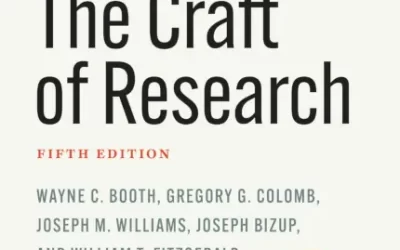Noted UK-based publisher Cambridge University Press (CUP) recently came under fire after removing over 300 articles from The China Quarterly, a leading scholarly publication in Chinese studies. The articles that were blocked discussed topics including the 1989 massacre at Tiananmen Square, Mao Zedong’s Cultural Revolution and its disastrous aftermath, as well as the independence movements in both Hong Kong and Tibet—all topics deemed taboo by the Chinese Communist Party.
In a statement, CUP confirmed that the articles had been blocked in order “to ensure that other academic and educational materials we publish remain available to researchers and educators.” The move was met with a swift and decisive backlash from many academics. John Garnaut, a former advisor for Australia’s prime minister, asserted that the move was “an extraordinary capitulation” to China’s government; while Renee Xia, the international director of the Chinese Human Rights Defenders network, claimed that CUP “sold its soul for millions of Chinese government dollars.” Christopher Balding, an associated professor at Beijing University, went so far as to launch a Change.org petition to urge the publisher to reject the country’s censorship request. The petition earned over 1,000 supporters in just four days.
After enduring this intense criticism for several days, Cambridge reversed their decision and restored access to the taboo articles. Tim Pringle, editor of The China Quarterly, stated that this request was not the first time China’s government has attempted to influence the publisher’s output. The request followed a similar push by The People’s Republic to censor more than 1,000 ebooks under the CUP banner earlier this year.
This kerfuffle is less of an outlier and more of a trend as the Chinese government attempts to tighten control over the country’s university and scholarly publishing system, which has seen a large influx of international scholars in recent years. In March of this year, LexisNexis removed two of its products (Nexis and LexisNexis Academic) from China after the government requested that certain content be removed from the company’s academic database. And at the same time as the announcement of the Cambridge decision, an editorial was printed in China’s Global Times newspaper warning Western institutions to work with the Chinese government or leave. “If they don’t like the Chinese way, they can stop engaging with us,” argues the editorial, leading many scholars to believe that this is just the first of many potential conflicts between the current Communist government and the international academic community.




